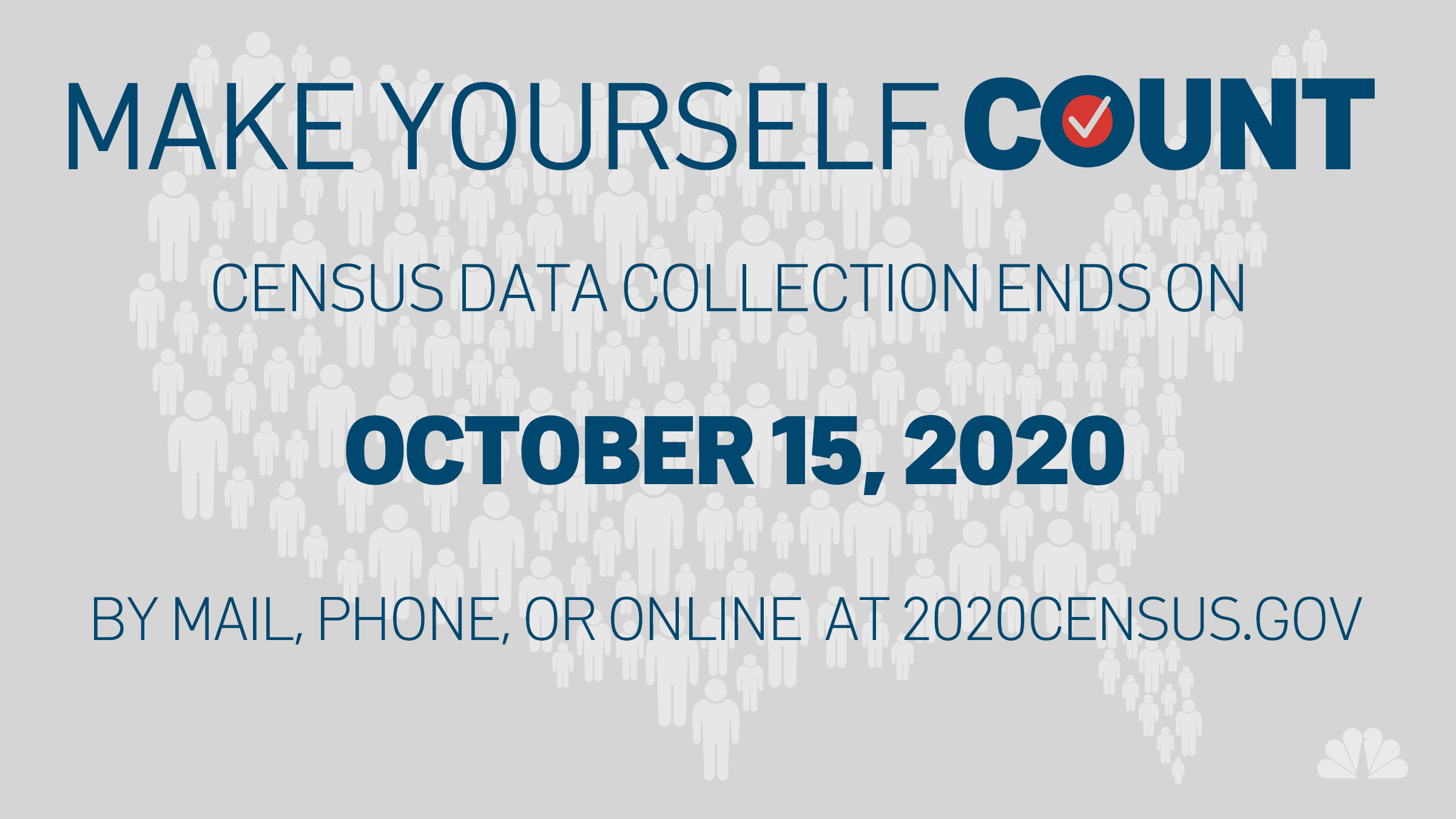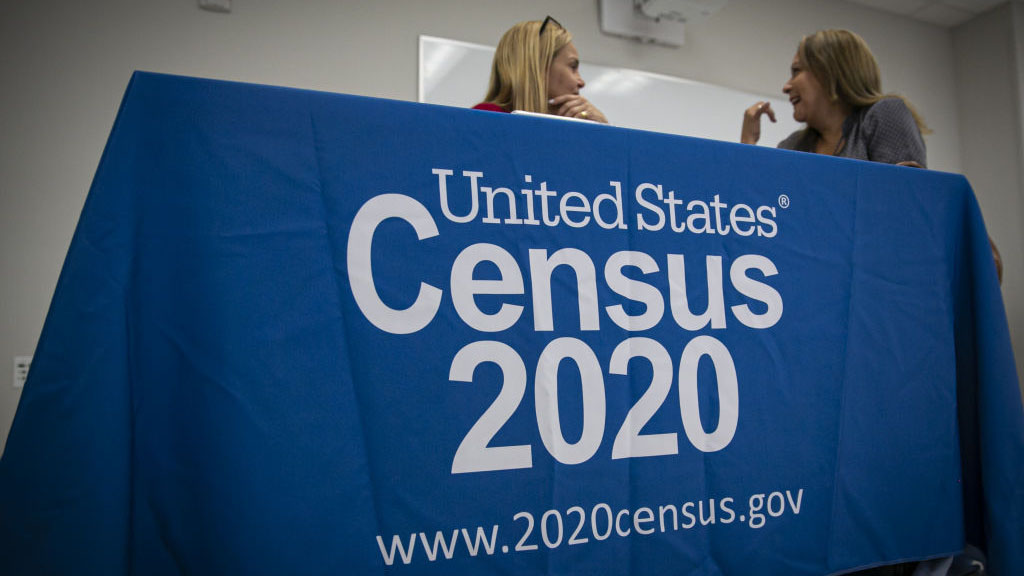You have until early Friday morning to complete the 2020 Census if you haven’t done so yet, and local leaders are making one final push to encourage people who may have left it until the last minute.
The deadline is Oct. 15, 11:59 a.m. Hawaii time, which translates to 5:59 a.m for South Florida and the rest of the east coast.
For several weeks, officials have been reminding the public of how crucial the census is in determining where funds and political representation are granted.
“We’re asking everybody to go out there and, please, if you haven’t filled out the Census, we’re still too low. We’re in the 50 percent range,” said Mayor Francis Suarez in a video statement Thursday.
“We could lose tens of millions, if not hundreds of millions of dollars. Just this year alone, we lost $80 million that would have come to us directly from the federal government had our population been 30 thousand more than what it is.”
With local economies struggling as the coronavirus pandemic continues, federal funding has been a frequent topic of discussion across county and state governments in Florida.
CENSUS LATEST
This week, the Supreme Court of the United States ruled that the Trump administration can end census field operations early, in a blow to efforts to make sure minorities are properly counted in the crucial once-a-decade tally.
The decision was not a total loss for plaintiffs in a lawsuit challenging the administration’s decision to end the count early. They managed to get nearly two extra weeks of counting people as the case made its way through the courts.
However, the ruling increased the chances of the Trump administration retaining control of the process that decides how many congressional seats each state gets — and by extension how much voting power each state has.
“We’re never gonna receive the money we deserve if we don’t know how many people are living in our city,” said Mayor Suarez at an event in early October.
Susan Racher of Florida Counts, an organization that was created to support Florida's Census Accuracy and outreach, said that there were about 40 counties in Florida that have exceeded their 2010 census response rates, though that wasn't necessarily a reason to celebrate.
“The fact that we exceeded 2010 is good, because it could have been worse, but it by no means indicates that we accurately counted our communities," Racher said.
She explained that some counties like Miami-Dade and Monroe have fallen behind this year, something that could possibly be adjusted in the after-count when data from vacation homes and universities is processed.
But Racher said she worries the process will be rushed due to the repercussions of the Supreme Court's decision.
“For us in the U.S. and in Florida, it’s going to be a lose-lose situation if the data cleanup piece is accelerated to December 31st.”
The Supreme Court justices’ ruling came as the nation’s largest association of statisticians, and even the bureau’s own census takers and partners, have been raising questions about the quality of the data being gathered — numbers that are used to determine how much federal funding and how many congressional seats are allotted to states.
At issue was a request by the Trump administration that the Supreme Court suspend a lower court's order extending the 2020 census through the end of October following delays caused by the pandemic. The Trump administration argued that the head count needed to end immediately to give the bureau time to meet a year-end deadline. Congress requires the bureau to turn in by Dec. 31 the figures used to decide the states' congressional seats — a process known as apportionment.
By sticking to the deadline, the Trump administration would end up controlling the numbers used for the apportionment, no matter who wins next month’s presidential election.
In a statement, House Speaker Nancy Pelosi called the Supreme Court’s decision “regrettable and disappointing,” and said the administration's actions “threaten to politically and financially exclude many in America’s most vulnerable communities from our democracy.”
Associate Justice Sonia Sotomayor dissented from the high court's decision, saying “respondents will suffer substantial injury if the Bureau is permitted to sacrifice accuracy for expediency.”
The Supreme Court ruling came in response to a lawsuit by a coalition of local governments and civil rights groups, arguing that minorities and others in hard-to-count communities would be missed if the census ended early. They said the schedule was cut short to accommodate a July order from President Donald Trump that would exclude people in the country illegally from being counted in the numbers used for apportionment.
Opponents of the order said it followed the strategy of the late Republican redistricting guru, Thomas Hofeller, who had advocated using voting-age citizens instead of the total population when it came to drawing legislative seats since that would favor Republicans and non-Hispanic whites.



